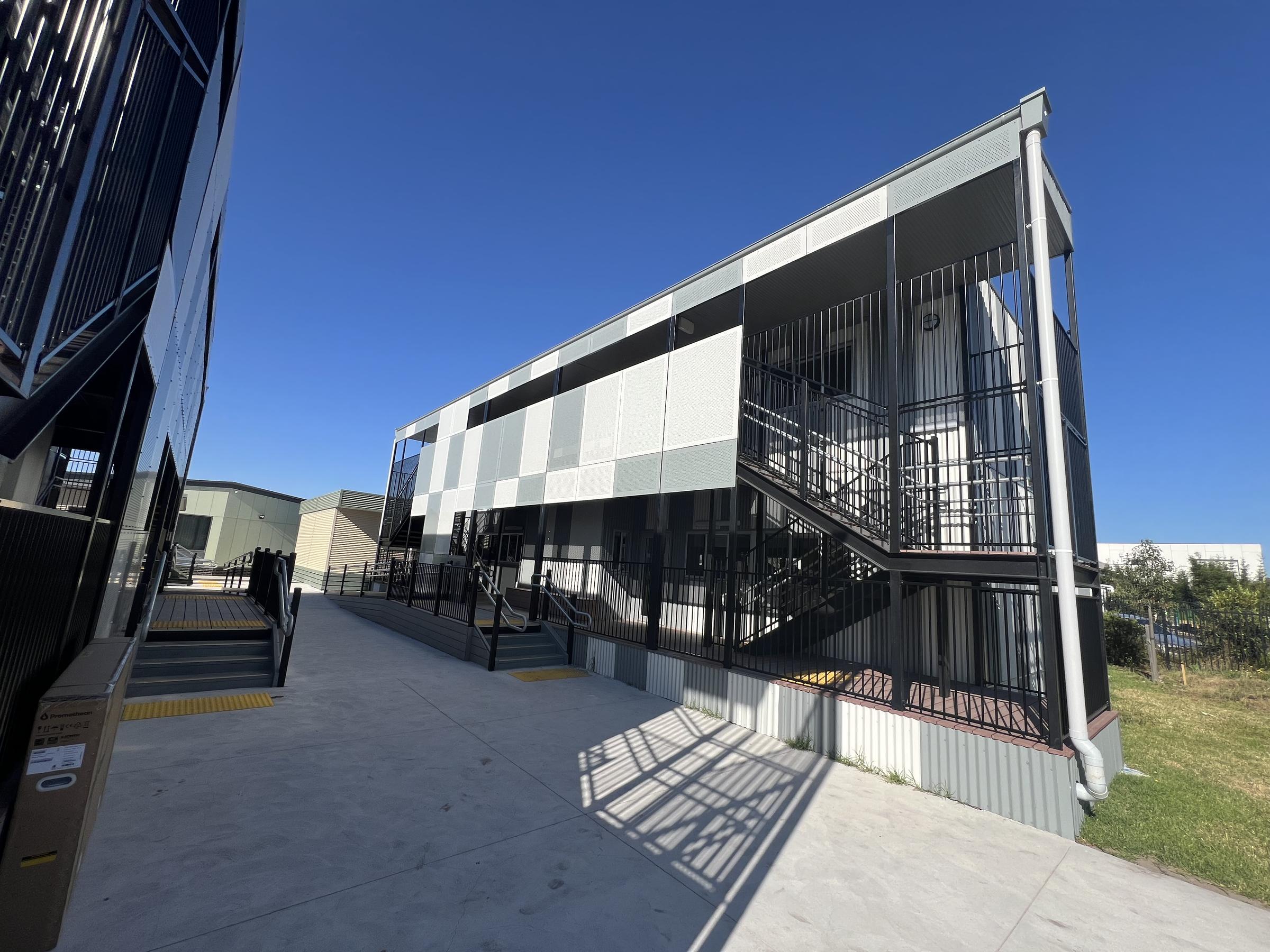Grade 5

Literacy – Exploring The Grandest Bookshop in the World
Our Literacy focus this term has been inspired by Amelia Mellor’s The Grandest Bookshop in the World. Students have been diving deep into the story, developing strong comprehension skills by analysing character motivations, identifying key themes, and making inferences about the magical twists in the plot. We’ve also been studying sentence structure, experimenting with short, punchy fragments for tension and longer, descriptive sentences for atmosphere. Students are now using what they’ve learned to create their own historical, magical narratives—complete with rich vocabulary, vivid settings, and compelling problems to solve.
Mathematics – Fractions, Fractions, Fractions!
In Mathematics, our focus has been on understanding fractions and how to confidently add and subtract them. We’ve practised with like denominators (easy to add because the parts are the same size) and moved on to unlike denominators, learning how to find equivalent fractions before solving the problem. Students have used visual models, number lines, and real-life examples—like sharing pizzas and chocolate bars—to strengthen their understanding. Our goal is for every student to be fluent and flexible in their fraction strategies.
Humanities – Geography: North America and its Wildlife
Our Humanities topic this term is Geography, and we’ve been exploring the countries of North America. Students have located nations such as Canada, the United States, and Mexico on a map, and learned about their capitals, landmarks, and cultural features. A major highlight has been researching native animals, from the mighty American bison and grizzly bear to the agile bobcat and colourful macaw. Students have created fact files and presentations to share their learning with the class.
This week, we are focusing on understanding bullying—what it looks like, how it affects others, and most importantly, what we can do to prevent it at Grayling Primary School. Students are learning about empathy, respectful communication, and why it’s important to speak up if they or someone they know is being treated unfairly. We’ve explored practical ways to be an “upstander” instead of a bystander and discussed how everyone can help build a kind and inclusive school where all students feel safe and valued.
